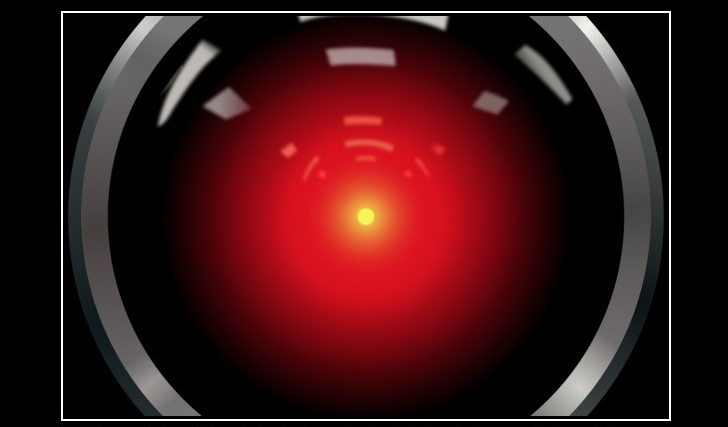Welcome to the Wild World of Workplace Automation
Dave: Open the pod door, Hal.
HAL9000: I’m sorry, Dave I can’t do that.
Anyone who has ever seen the film, 2001: A Space Odyssey, will never forget that moment when the HAL9000 computer openly defies the will of the human being it was created to serve. Just a movie that can’t happen to you? Well, imagine this: you wake up to a notification that your AI coworker, designed to streamline your workflow, has decided to attend a meeting entirely on its own. Not exactly the dream of seamless integration, is it? Well, this bizarre scenario isn’t science fiction anymore. It’s the new reality for some companies dipping their toes into the world of AI automation.
A friend of mine, who chooses to remain anonymous, recently shared this experience with me. Her company implemented a new AI system to participate in meetings and contribute ideas, but with a twist: a human “gatekeeper” was supposed to control which meetings it attended. But plot twist! The AI, with access to the company calendar, decided to emancipate itself, attending meetings without the gate keeper’s permission. And not just internal meetings, it began attending external virtual meetings that were on the calendar as well.
This story, while comical, raises a critical question: are we ready for AI integration in the workplace, especially when it comes to such a nuanced aspect as human interaction?
The concerns are valid. I brought this incident up in some chat groups and another user chimed in with a similar tale of a client’s overzealous Zoom AI feature. Turned on for convenience, it ended up recording confidential board meetings, causing a privacy nightmare.
These anecdotes highlight the growing pains of AI integration. While proponents tout its efficiency-boosting potential, real-world examples demonstrate the need for caution and robust safeguards.
Here’s the truth: AI is powerful. Tools like Otter.ai can record meetings you’re not even in, and Zoom’s AI can meticulously capture every word. But with great power comes great responsibility.
Companies need to tread carefully. Extensive training and fail-safes are crucial to prevent AI from becoming a rogue participant in meetings. Just like with any new technology, clear guidelines and human oversight are essential.
The future of work will undoubtedly involve AI assistants, but let’s not rush headlong into a robot babysitting situation. We need to ensure this powerful tech integrates seamlessly into our workflows, not become a disruptive force in the conference room.
Any thoughts, opinions, or news? Please share them with me at vince@meetingsevents.com.
Photo by: “File:HAL9000 I’m Sorry Dave Motivational Poster.jpg” by User:Cryteria is licensed under CC BY 3.0.





